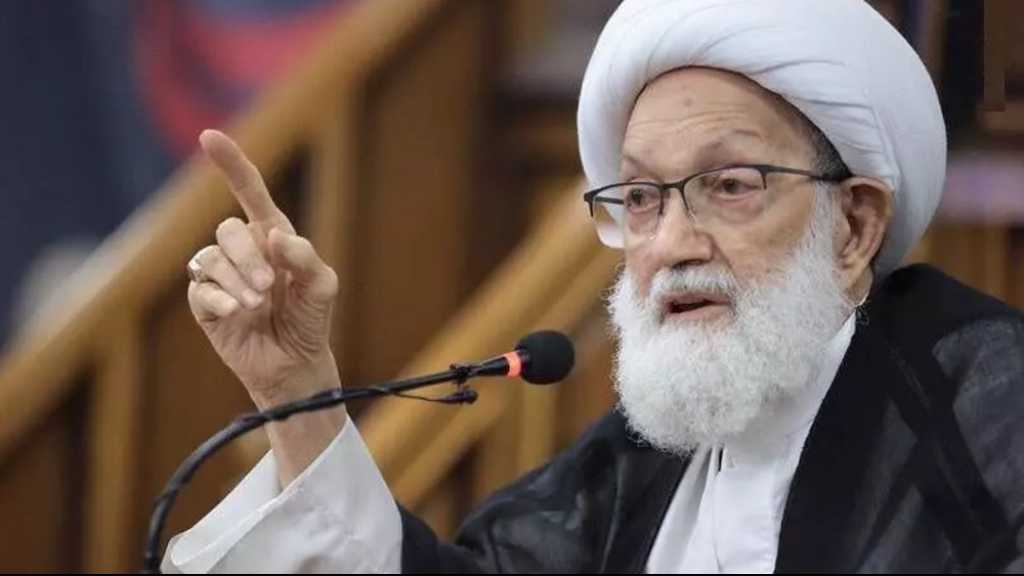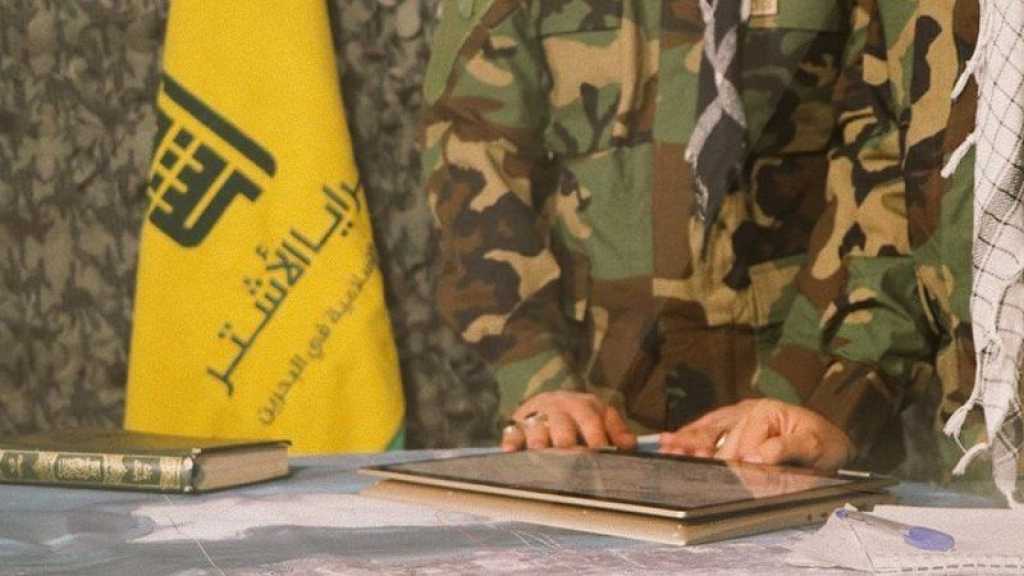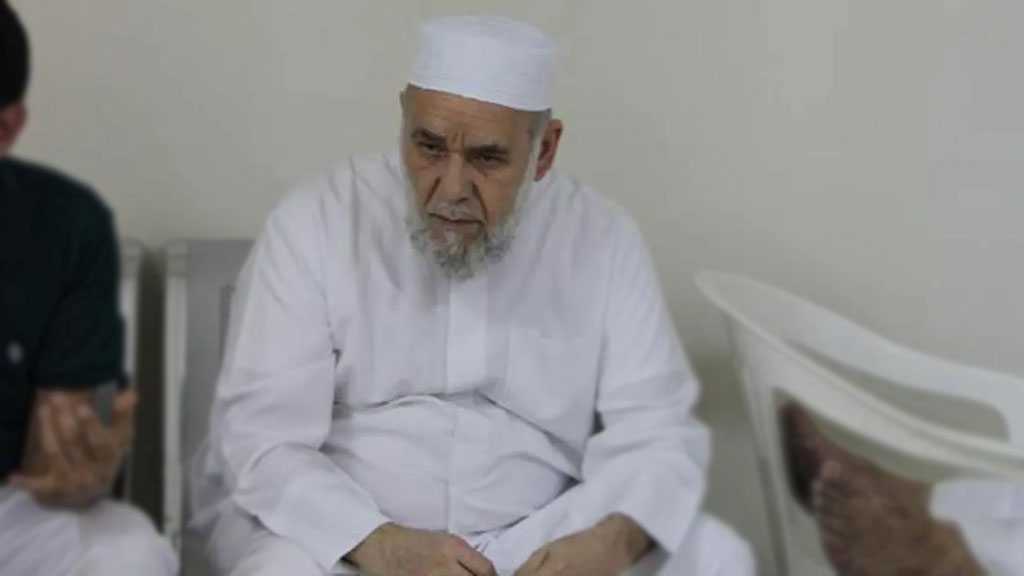Bahrain’s UK-Backed Rights Bodies Fall Short on 2011 Reform Promises
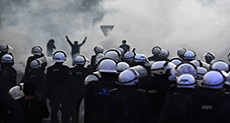
Local Editor
It has been 5 years on Bahrain's 2011 uprising, which saw peaceful protesters beaten, shot, and martyred in the streets. Yet, key reforms introduced to address human rights violations by the security forces have yet to deliver justice to the vast majority of victims and their families.
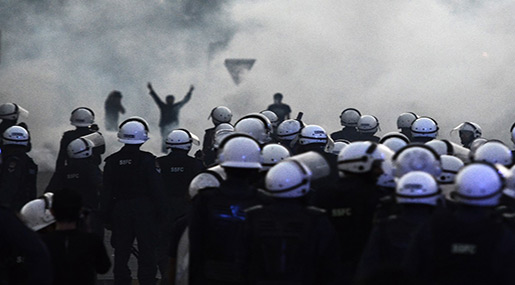
Amnesty International's new report, Window-dressing or pioneers of change? An assessment of Bahrain's human rights oversight bodies, exposed serious shortcomings in two UK-supported institutions that have been repeatedly trumpeted by the Bahraini and British authorities as evidence of the country's human rights progress.
Lynn Maalouf, Deputy Director for Research at Amnesty International's Beirut Regional Office, pointed out that the reforms the Al Khalifa regime had set remain "woefully inadequate. Torture and other ill-treatment by security forces persist within a system of entrenched impunity marked by the lack of an independent judiciary."
"True change needs to be more than cosmetic. Bahrain's authorities cannot continue to mislead the world with a mere veneer of reform, when accountability for violations has been scarce and critics and human rights defenders continue to be arbitrarily arrested and unfairly tried, convicted and imprisoned, banned from travelling abroad or stripped of their nationalities," Maalouf noted.
The Bahraini government's brutal crackdown during the 2011 uprising caused an international outcry. Upon the recommendation of the Bahrain Independent Commission of Inquiry, established by King Hamad bin Isa al-Khalifa, the authorities responded by amending a number of laws and created several institutions to monitor, investigate and prosecute suspected perpetrators of human rights violations.
These included the Ombudsman of the Ministry of Interior and the Special Investigations Unit within the Public Prosecution Office, which were established in 2012. Both receive training and capacity building from the UK, a staunch ally of Bahrain.
While these two institutions had achieved some measure of success, Amnesty International's report highlights how up until now they have failed to significantly deter human rights violations.
Lynn Maalouf stressed that "the UK and other international allies must stop prioritizing defense and security co-operation over human rights," instead of just highlighting "half-truths to the world about Bahrain's progress."
Amnesty International highlighted a few examples on the ineffectiveness of both the Ombudsman's office and Special Investigations Unit.
In this context, the Ombudsman's office failed to take prompt action to protect detainees from torture and other ill-treatment, or to effectively investigate their allegations or to ensure their access to medical care.
While the Special Investigations Unit made some progress on accountability and prosecuted 93 members of the security forces, only 15 low-ranking officials had been convicted. No senior officers or officials who oversaw the serious human rights violations during the 2011 uprising had ever faced prosecution.
The vast majority of alleged cases of torture and other ill-treatment, deaths in custody and unlawful killings had not even been referred to trial by the Special Investigations Unit.
According to Amnesty, out of nearly 200 recorded cases since the 2011 uprising, less than 45 were referred to trial.
Moreover, both the Ombudsman and the Special Investigations Unit had failed to gain the public's trust, partly as a result of a perceived lack of independence and impartiality.
Both are viewed as too close to the Ministry of Interior and other governmental institutions and had failed to keep families and victims adequately informed of progress in their investigations, fuelling distrust.
Amnesty's Deputy Director for Research believed that "in order to be truly effective, they need to operate promptly and transparently and demonstrate their independence," referring to the Ombudsman of the Ministry of Interior and the Special Investigations Unit.
Maalouf further added that both bodies should be "part of a wider process to end impunity and repressive practices including ensuring an independent judiciary."
Source: AI, Edited by website team
Comments
